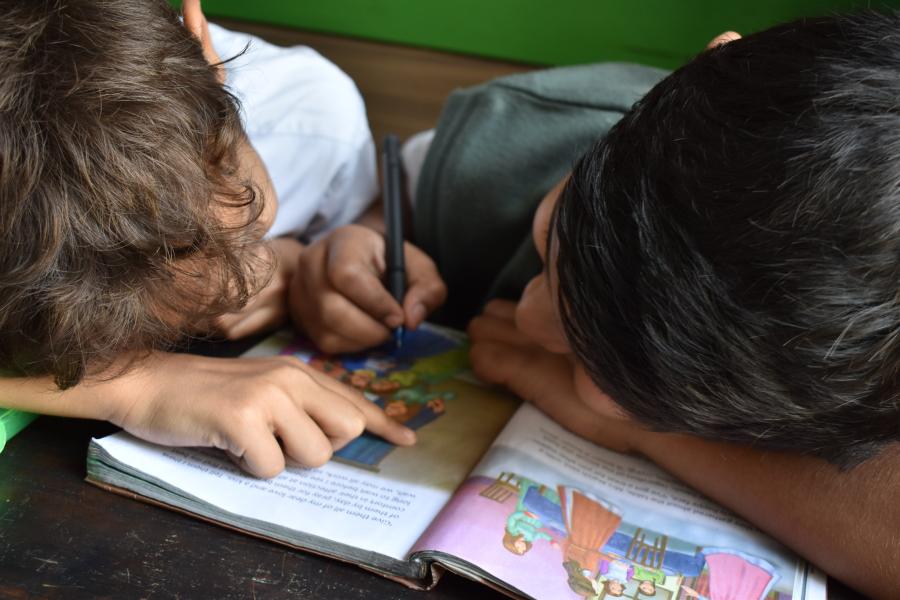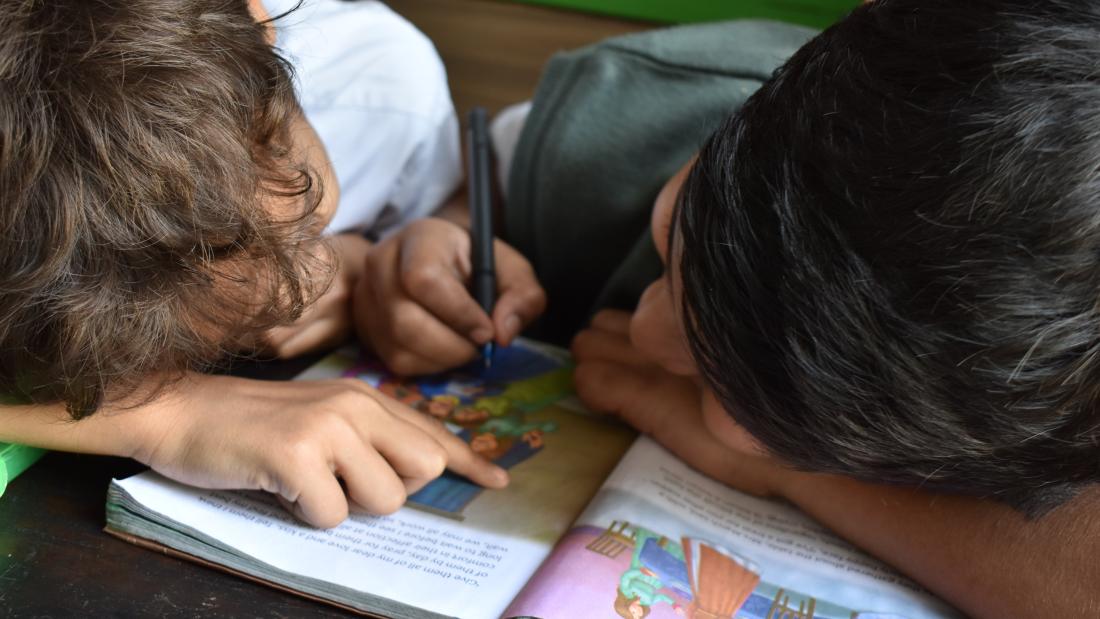The study reviewed available evidence from around the world and found that that paternal unemployment or any parental unemployment (either or both parents unemployed) was associated with a 29% increased risk of sexual abuse, a 54% increased risk of neglect, a 60% increased risk of physical abuse and around a 90% increased risk of child maltreatment and parental mental illness. However, no associations were found between maternal unemployment and ACEs.
Understanding the associations between parental unemployment and ACEs is important for targeting programmes to support parents, preventing ACEs and building resilience against their harmful impacts. ACEs can have long-term health and wellbeing implications for children, increasing their vulnerability to poor educational achievement, health-harming behaviours such as smoking and drug use, and the development of poor mental and physical health. They can also impact on children’s employment opportunities in later life, contributing to multigenerational cycles of ACEs and deprivation. Breaking these cycles needs investment to increase employment opportunities and provide parental support interventions for all caregivers.
Writing in The Journal of Public Health, Natasha Judd and colleagues at the Public Health Collaborating Unit, Bangor University, and Public Health Wales, combined findings from 60 studies looking at associations between parental unemployment and different types of ACEs.
Natasha Judd, lead author at Bangor University explained,
“Previous work on ACEs suggests that ACE exposure can reduce employment opportunities in adulthood and our review suggests that unemployment may increase the risk that ACEs are repeated for the next generation, trapping families in multigenerational cycles of ACEs and deprivation”

Karen Hughes, a co-author of the review from Public Health Wales, said,
“Action to support families that face unemployment or precarious employment might not solve the problem of unemployment, but can help reduce its harmful consequences and build resilience in families. This is particularly important in times of economic crisis.”
Becky Amos, researcher at Bangor University added,
“Whilst our study identified associations between parental unemployment and ACEs, how these associations work needs further study to understand whether parental unemployment leads to ACEs, if factors that contribute to ACEs, such as neighbourhood poverty and violence, lead to unemployment, or if the link is brought about by a third factor.”




